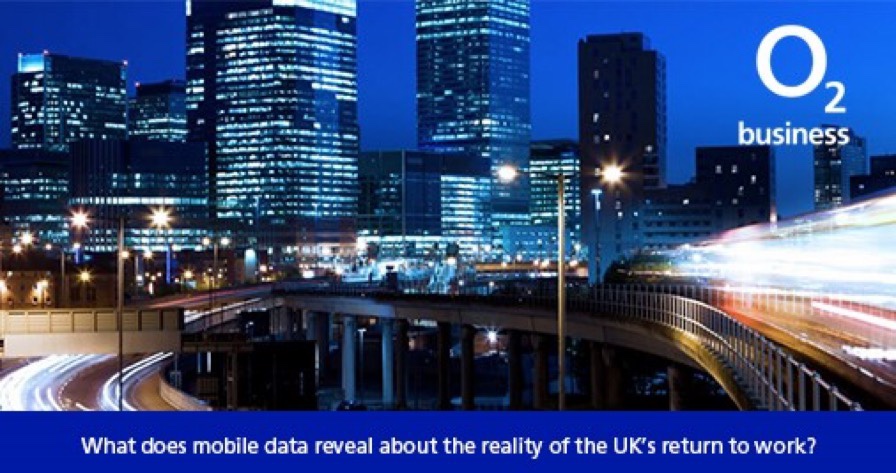Londoners set new normal in the city a year on from ‘Freedom Day’

New anonymised
crowd movement data from the O2 mobile network in the last two weeks of July has suggested that peak commuter volumes into the City of London have risen by as much as 96% compared to the same period last year – marking one year since ‘Freedom Day’ (19 July
2021), when all COVID-19 restrictions were lifted in England. Data collected in the weeks surrounding July 19th, 2022, showed commuter highs have almost doubled year-on-year, however peak levels are still 27% off where they were pre-pandemic (Feb 2020).
Anonymised, aggregated data captured by O2 Motion* – which looks at connections to O2 mobile masts to gain a picture of crowd movement trends – was collected
from major commuter, hospitality and retail hubs across London including the City of London, Soho and Fitzrovia and White City. The latest wave of anonymised data intelligence from the mobile network suggest that commuting trends are stabilising as office
workers and employers establish more long-term ways of working.
The data revealed that peak crowd volumes in the City of London topped 248,000 on Thursday 21
July 2022, compared to just over 125,000 at the same time last year (Thursday 22 July 2021). As the 2022 school summer holidays kicked off, this growth in commuter numbers came despite the UK facing a national heatwave that saw a provisional temperature
of 40.3°C recorded on the 19th of July – suggesting that many Londoners braved
record temperatures to seek refuge in air-conditioned offices in the city.
The data also shows commuters are settling into a new weekly routine, with Wednesdays and Thursdays now the most popular days in the City. While pre-pandemic
crowd volumes topped 200,000 at peak times every weekday (Feb 2020), the same volumes are now only reached on Wednesdays and Thursdays, as commuters cement their favourite office days. Meanwhile, the trend for ‘Thirsty Thursdays’ continues to grow in popularity,
with crowd volumes in the City at 7pm 68% higher on Thursday 21 July 2022 compared to the same time last year (Thursday 22 July 2021).
Elsewhere in London, peak crowd numbers have increased by a more modest 41% in the hospitality hub of Soho since lockdown restrictions were lifted last year.
Interestingly, retail patterns have seen less change, with the area around Bluewater Shopping Centre showing a minimal 7% decrease in overall average crowd movement (18-24 July 2022 vs 19-25 July 2021), while the area including Westfield White City saw a 5%
increase.
Mónica Mercado Páez, Head of AI and Data at Virgin Media O2 Business said:
“A year on from lockdown lifting, large-scale crowd insights like this anonymised O2 network data can help paint a picture of the working, shopping and socialising patterns that could be here to stay. Understanding movement trends will be critical as the UK
continues to adapt to the changing habits of a hybrid working population.
“It’s interesting to see that year-on-year, crowd trends in socialising and retail hotspots have stayed fairly consistent, but peaks in some busy commuter
areas have almost doubled. From mapping out how Londoners are using office space and local businesses, to the scheduling of transport services, looking at data like this will help employers and city planners alike continue to evolve to best meet the needs
of their people.”




